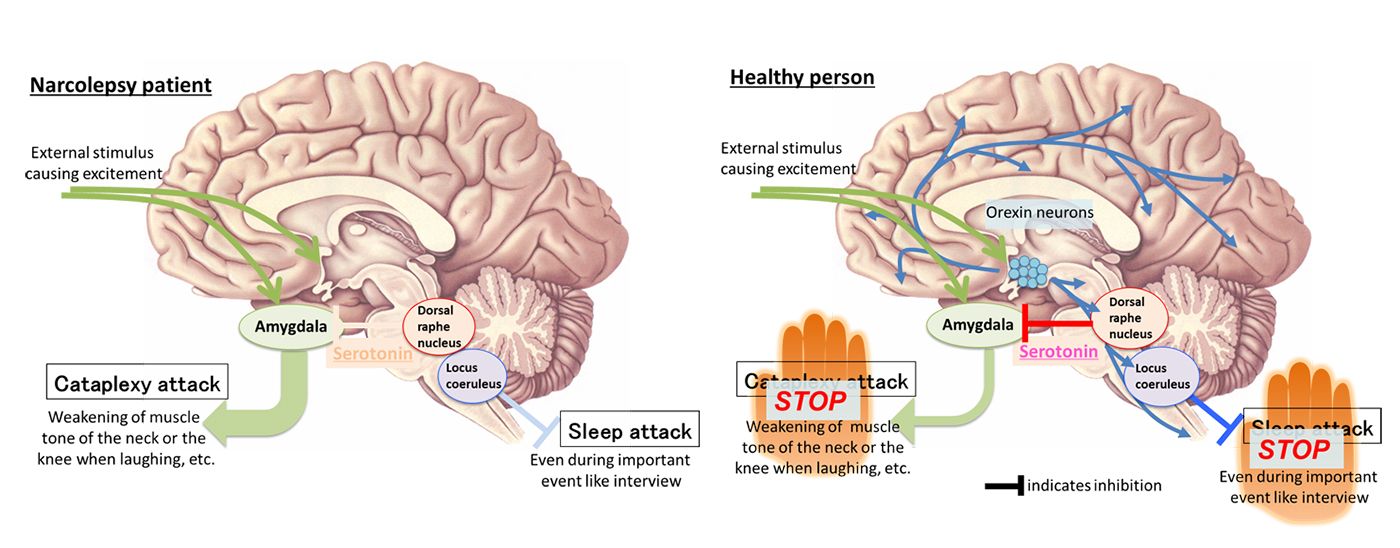What Causes Narcolepsy With Cataplexy
If you're searching for picture and video information linked to the key word you've come to pay a visit to the ideal site. Our website gives you suggestions for viewing the maximum quality video and picture content, hunt and find more informative video content and graphics that match your interests.
comprises one of thousands of movie collections from several sources, particularly Youtube, therefore we recommend this video that you see. You can also bring about supporting this website by sharing videos and images that you like on this blog on your social media accounts like Facebook and Instagram or educate your closest friends share your experiences concerning the ease of access to downloads and the information that you get on this website. This site is for them to stop by this site.

The vast majority of cases of cataplexy occur because an individual has type 1 narcolepsy.
What causes narcolepsy with cataplexy. Narcolepsy is a chronic neurological disorder caused by the brains inability to regulate a stable sleep-wake cycle. While type 1 and type 2 narcolepsy both have the name narcolepsy in it the cause for type 1 narcolepsy is well understood loss of a neurotransmitter orexin whereas the cause for type 2 narcolepsy is not well understood. People who suffer from narcolepsy have mixed signals sent from their brain about when to sleep which is why narcoleptics fall asleep at inopportune times. Causes of Narcolepsy with Cataplexy Many pathophysiological research papers have reported that the condition occurs when there is an early neuron loss in the hypothalamus which in turn produces hypocretin a wakefulness-linked neurotransmitter in the cerebrospinal fluid.
Cataplexy is a sudden brief loss of voluntary muscle tone triggered by strong emotions such as laughter. One may develop narcolepsy at any time although onset of the first symptom usually occurs after puberty in late teens to young adulthood. Lower-than-normal levels of hypocretin may cause a symptom called cataplexy in people with type 1 narcolepsy. Cataplexy affects approximately 70 of people who have narcolepsy and is caused by an autoimmune destruction of hypothalamic neurons that produce the neuropeptide hypocretin also called orexin which regulates arousal and has a role in stabilization of the transition between wake and sleep states.
Tricyclic antidepressants such as clomipramine Anafranil selective serotonin uptake reinhibitors SSRIs another type of antidepressant such as fluoxetine Prozac or venlafaxine Effexor XR sodium oxybate Xyrem which. Common medications for cataplexy with or without narcolepsy include. People with type 1 narcolepsy have low levels of the chemical hypocretin hi-poe-KREE-tin. The condition is most commonly associated with narcolepsy a sleep disorder that is thought.
Narcolepsy without cataplexy includes most of the same symptoms but its cause is unknown. This happens due to injury and damage to areas of your brain that are responsible for regulating REM sleep and wakefulness. Hypocretin is an important neurochemical in your brain that helps regulate wakefulness and REM sleep. HLA-DQB10602 and other HLA gene variations may increase susceptibility to an immune attack on hypocretin neurons causing these cells to die.
People with this type of narcolepsy have abnormally low levels of a sleep-wake regulating brain hormone. For people with type 1 narcolepsy episodes of cataplexy typically begin after the onset of excessive sleepiness 3. In a person with narcolepsy low levels of hypocretin cause chronic excessive sleepiness and allow REM sleep to occur at abnormal times resulting in cataplexy sleep paralysis and hallucinations. Hypocretin levels are particularly low in those who experience cataplexy.
Cataplexy is the sudden temporary loss of muscle tone while youre awake. A variation in this gene called HLA-DQB10602 increases the chance of developing narcolepsy particularly the type of narcolepsy with cataplexy and a loss of hypocretins also known as orexins. Narcolepsy can sometimes be caused by a traumatic brain injury brain tumor or diseases like multiple sclerosis or encephalitis which affect the brain. The exact cause of narcolepsy is unknown.



















